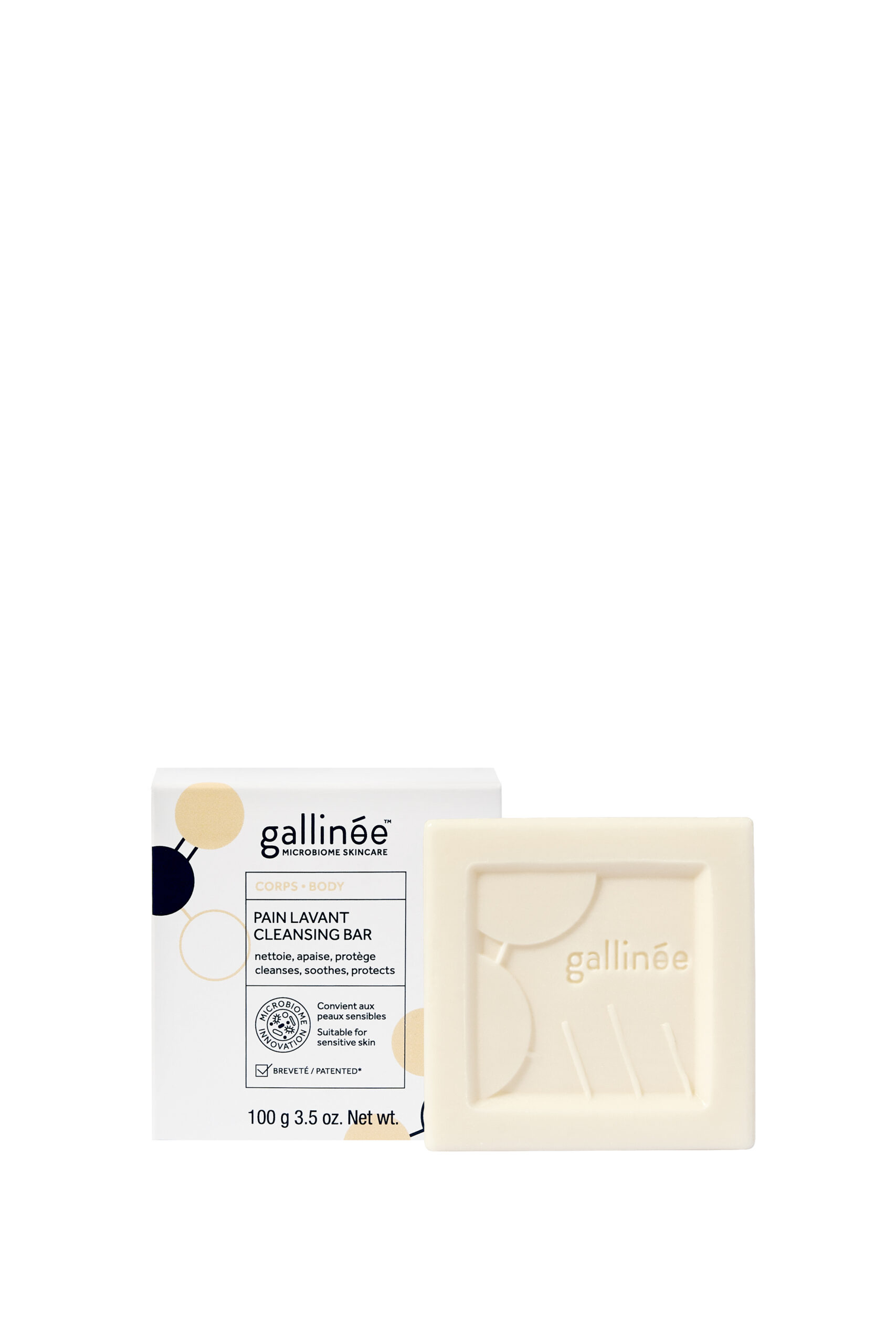We dreamed of it, it’s finally arriving: in a few days it’s summer, the time of holidays, heat, the noise of the waves, the silence of the mountain, a less crowded subway… but also sunburn, crocodile skin, salt that dries hair (and plane delays… ok, we admit for this one, Gallinée cannot really help you).
Today we’ll give you advice and answer your questions such as “how do I pay attention to my skin – knowing that I want to sunbathe – but I know the sun can be dangerous”, but also fun facts about the sun, bacteria and a selection of our travel essentials.
The sun, our enemy?
Did you know? An hour of sunshine per day is the perfect exposure: more would age the skin prematurely, less would not let you synthesize vitamin D, essential to our good health. Marie learned it at the microbiome conference in San Francisco she attended last year (here is her top 5 things she learnt). In one hour, you benefit from all the advantages of the sun without damaging your sun capital.
Sun Capital is an abstract concept that can be defined as “your skin’s ability to defend itself against the harmful effects of the sun”. This capital is acquired at birth, non-renewable, and depends on the phototype of each individual. Each skin type has its own characteristics and reaction to aggression, particularly those of the sun. If you expose yourself too often and/or do not protect yourself enough with sunscreen, you use this capital. Once finished, you are exposed to skin diseases and premature ageing.
Microbiome and sun?
What about the bacteria in all this? A study dating from February 2018 showed that there is a type of bacteria found on healthy human skin that could play a role in inhibiting the growth of certain cancers: “this unique strain of skin bacteria produces a chemical that kills several types of cancer cells but does not appear toxic to normal cells.”
The bacterium in question is called Staphylococcus epidermidis, which produces a chemical compound called 6-HAP. It has “the potential to suppress the development of UV-induced skin tumours”. Microbiome science, therefore, has great potential for the coming years: would it be possible to create a product formulated with probiotics capable of protecting the skin from UV rays? Science will tell us!
Sun and Microbiome!
As stated earlier, vitamin D is essential for good health, growth and strong bones. Unlike other vitamins, skin is the main source of vitamin D after sun exposure. Inadequate exposure to the sun or low absorption of UV-B rays can lead to deficiencies.
A recent study showed that vitamin D deficiency has also been associated with intestinal bacterial disruption. The data suggest that vitamin D deficiency can cause an imbalance in the intestinal flora. Vitamin D deficiency reduces the production of defensins that help to maintain healthy flora.
What products to bring with you this summer?
Postbiotics: these heroes of hydration
Did you know that lactic acid helps prevent your skin from drying out in the sun? Its exfoliating action helps to preserve your tan longer while keeping your skin soft. This summer, stay hydrated with our Body Milk, which provides an innovative solution against tight skin and dehydration. This unique pre, pro and post-biotic treatment repairs your skin and rebalances your microbiome. It also contains natural extracts of water clover with firming properties and repairing sweet almond oil.
Fermented rice water to protect your hair
This creamy mask blends into the hair fibre to deeply nourish the hair while soothing your scalp. Perfect for protecting from heat because it contains inositol, a nutrient that prevents damage and protects hair. This carbohydrate can both remedy and prevent damage to hair, increasing elasticity and reducing friction between hair fibres.
Practical, it is used as an S.O.S. treatment on the entire hair and particularly on your scalp to rebalance it.
Any questions about sun & skin in general?






















